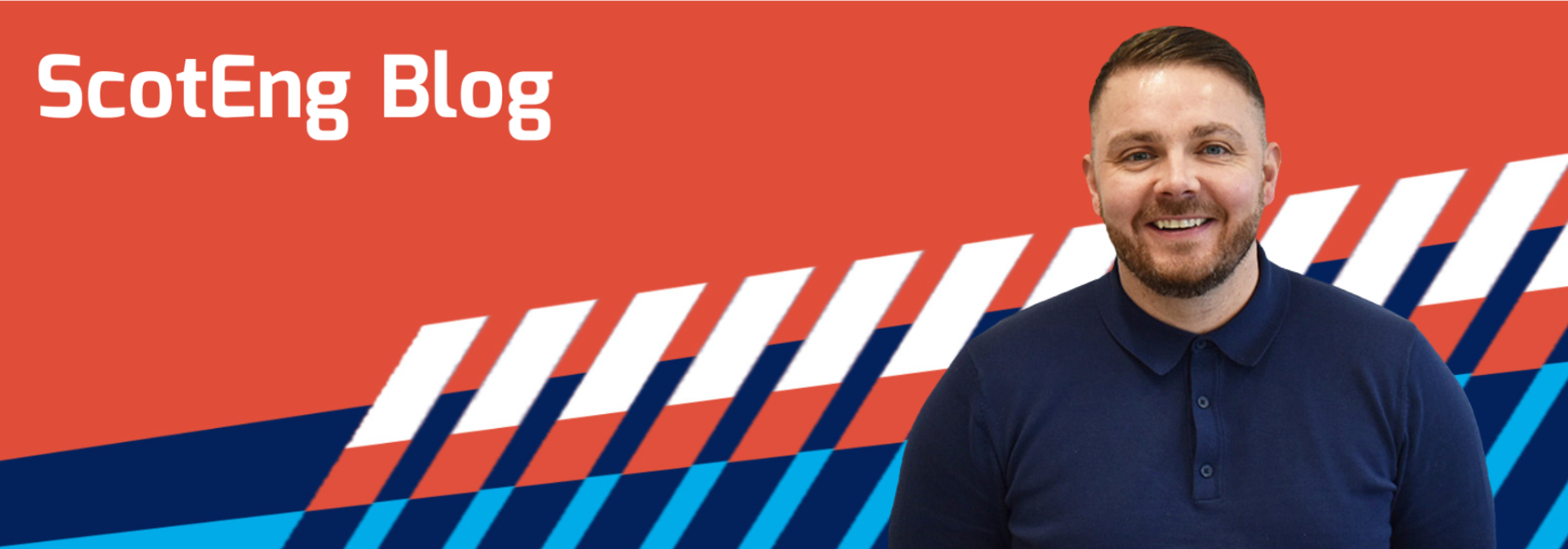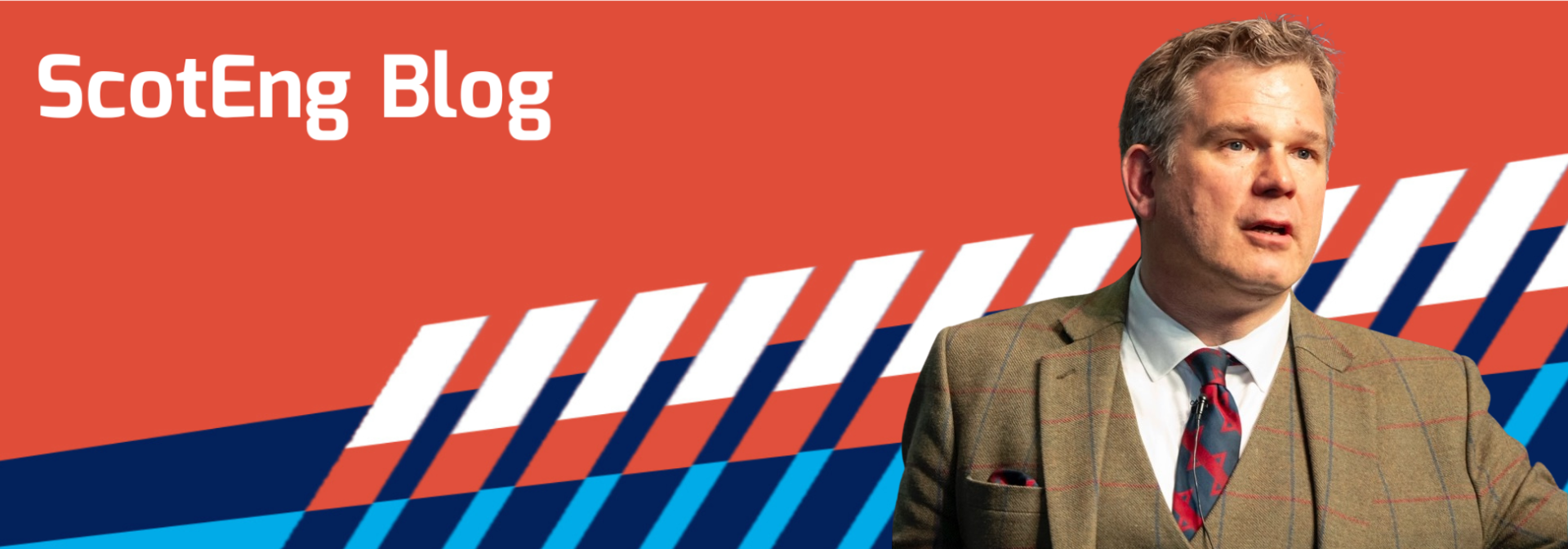
UK Energy Crisis: How businesses can cut the cost of rising energy prices
Tags: CCL | Climate Change Levy | Cut costs | EII | energy | Energy crisis | Energy intensive industries | Engineering | Manufacturing | Tax exemptions
Guest Writers
Blaine Fitzsimmons
Commercial Partner
Sarah Anderson
Senior Strategic Partnership Manager
5 minute read
The UK energy crisis is putting an unprecedented financial burden on UK businesses, especially those with high energy usage like engineering and manufacturing companies. To help, we’ve put together this guide for businesses on how they can reduce their tax burden through energy tax exemptions.
Manufacturing companies throughout the UK working with products such as metals, glass, ceramics or precious metals can benefit from energy tax exemptions in relation to these works on both gas and electricity. On top of this, if you manufacture certain products, you can get a large tax exemption on your electricity spend.
We work with two types of businesses in this scheme, the first being companies who are working, forming, bending, treating, processing or casting metals. The second being businesses who make end products such as batteries, semiconductors, plastics amongst a wide range of end products. Both schemes although different, are made up of a few of the many taxes involved in buying both electricity and gas. Although there are some businesses who are likely to have claimed historically, there will be others out there who believe they won’t qualify or potentially have not reviewed with an energy consultant who specialises in tax emptions.
These two tax exemptions are, Climate Change Levy (CCL) and Energy Intensive Industries (EII)
CCL is primarily for companies who fold, form, punch, cast, bend or roll metals, as well as heat treatment and coatings. Alongside this, companies working with glass, refractory products, precious metals or ceramics can also benefit. The scheme allows you to claim back the tax you have paid over the last 4 years and applies a discount moving forward. The exemption is based on the activity, materials worked and plant that you have within the business. The only downside is that the common areas which don’t qualify are milling, turning and any laser/water jet cutting.
EII is aimed at businesses who manufacture specific products and is qualified by the end product produced. Although some of the products are similar to that of CCL tax exemption, EII includes products such as plastics, batteries, fertilizer, paper, wood, stone and textiles as well as a variety of chemicals and petrochemicals. Based on last years prices, if you qualify for the scheme, you would be looking at approximately a 25% exemption of the total electricity spend within the business.
In partnership with Scottish Engineering we are hosting a webinar, October 12th covering qualifying areas, common misconceptions and how the schemes can help cut your energy spend.







